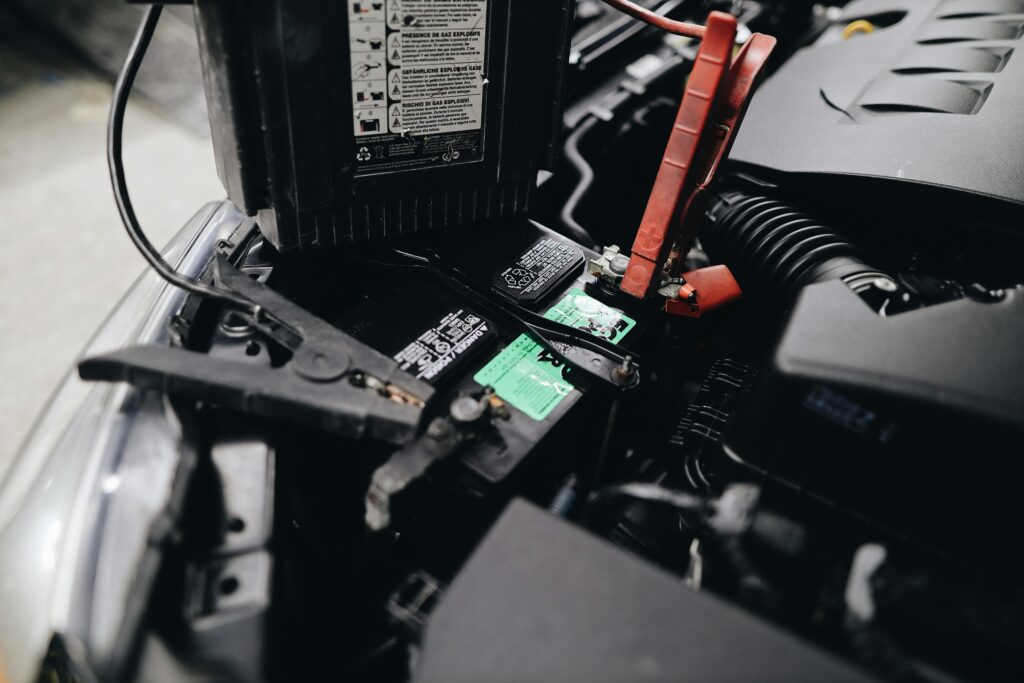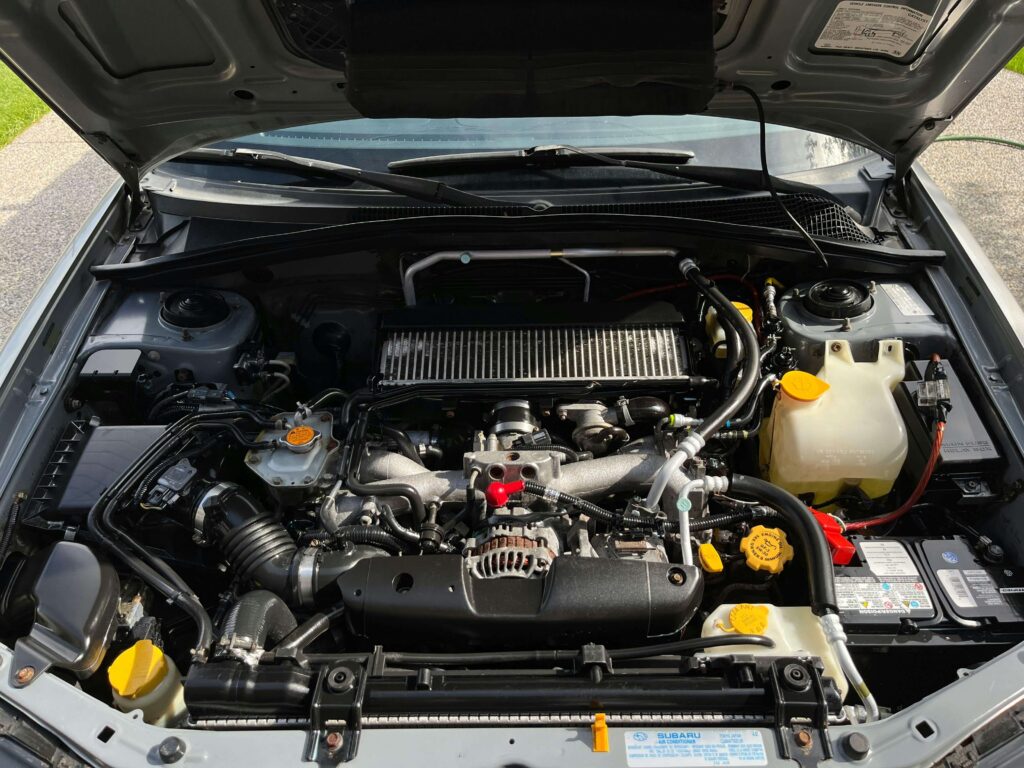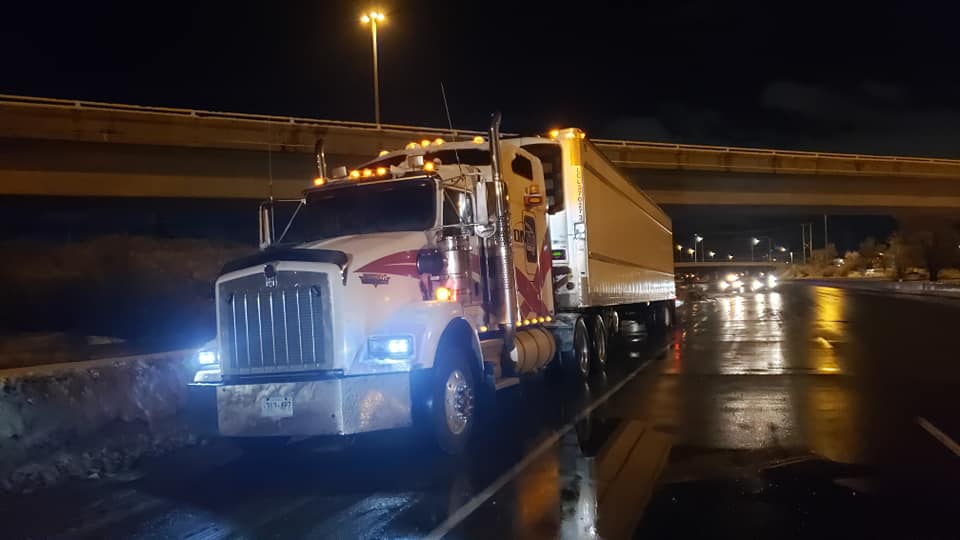In Ottawa, where winters can be harsh and temperatures often drop below freezing, a weak or dead car battery can quickly turn from an inconvenience into a major problem. Whether you’re heading out to work, running errands, or preparing for a winter road trip, a battery failure can leave you stranded. But how do you know if your car’s battery is struggling before it completely gives out? Here’s a guide to help Ottawa drivers recognize the signs of a weak or dead battery and what to do about it.
1. Slow Engine Crank or Struggling to Start
Symptom:
One of the most noticeable signs that your car’s battery is weak is when the engine struggles to start. If you turn the key or press the start button, and the engine cranks more slowly than usual or makes a sluggish sound, it’s a clear indication that your battery may not be delivering the power it needs to get the engine running.
Why it Happens:
Batteries lose their ability to hold a charge over time, especially in cold weather. Ottawa’s freezing temperatures put extra strain on car batteries, reducing their efficiency and leading to slower cranking when starting the vehicle.
What to Do:
If you notice a slow engine crank, get your battery tested as soon as possible. Many auto parts stores and service centers in Ottawa offer free battery testing to determine its health.
2. Dim or Flickering Headlights
Symptom:
If your headlights are dimmer than usual, or they flicker when you’re driving, it may indicate that the battery is struggling to supply enough power. The headlights are one of the first electrical components to show signs of battery problems, as they rely heavily on a stable charge.
Why it Happens:
A weak battery struggles to provide a consistent power flow to electrical components. When the battery’s charge is low, it may not be able to keep up with the demands of the headlights, especially when the car’s engine is idling or when the vehicle is under load (e.g., using the AC or heater).
What to Do:
If you notice flickering or dimming lights, it’s a good idea to have your battery checked, as well as the alternator, which helps recharge the battery while the engine is running.
3. Dashboard Warning Light
Symptom:
Most modern vehicles have a dashboard warning light that looks like a battery icon. If this light comes on, it could indicate a battery issue. In some cases, the issue might not be with the battery itself, but rather with the alternator, which is responsible for charging the battery when the car is running.
Why it Happens:
The battery warning light turns on when the car’s electrical system detects a problem. It could be related to a failing battery, a malfunctioning alternator, or even loose or corroded battery terminals. Ottawa drivers should pay attention to this warning and not ignore it.
What to Do:
When this warning light comes on, it’s crucial to get your car inspected by a professional. They can check both the battery and the alternator to pinpoint the issue.
4. Electrical Problems or Malfunctions
Symptom:
If you start noticing other electrical issues in your vehicle, such as power windows, radio, or other electrical accessories not working correctly, it could be a sign that the battery is not supplying enough power to these components.
Why it Happens:
A weak battery can’t supply the required voltage to your vehicle’s electrical system, leading to problems with lights, windows, and other features that rely on the battery’s charge.
What to Do:
If your car’s electrical systems are malfunctioning, especially when combined with other symptoms like slow cranking or a warning light, it’s time to have the battery and alternator checked by a professional technician.
5. Swollen Battery Case
Symptom:
One of the less obvious signs of a weak or dying battery is a swollen battery case. If you notice that your car battery looks bloated or swollen, it’s likely because the battery has been overcharged or exposed to extreme temperatures, which can cause the internal components to break down.
Why it Happens:
Extreme cold in Ottawa winters can cause the battery to freeze, while excessive heat in the summer can lead to overcharging. Both conditions shorten the lifespan of the battery and can cause it to swell.
What to Do:
If you see a swollen battery, it’s important to replace it immediately, as this can lead to leaks or even a dangerous explosion. Always handle a swollen battery with care and have it replaced by a professional.
6. The “Old Battery” Indicator
Symptom:
If your car’s battery is more than three to five years old, it may simply be reaching the end of its lifespan. Many car batteries, especially in colder climates like Ottawa, begin to show signs of weakness after this period. Even if your car seems to be starting fine, an old battery can suddenly die without much warning.
Why it Happens:
Batteries degrade over time as the internal chemical reaction that generates power becomes less efficient. Cold weather speeds up this degradation process, which is why you might experience issues as the battery ages, particularly during Ottawa’s brutal winters.
What to Do:
If your battery is getting up there in age, it’s worth having it tested annually to ensure it still has the power to perform reliably. If it’s nearing the end of its lifespan, replacing it proactively can save you from being stranded in the cold.
7. Frequent Jump Starts
Symptom:
If you find yourself needing to jump-start your car more often than usual, it could be a sign that your battery is nearing the end of its life or is not holding a charge properly.
Why it Happens:
Batteries lose their ability to hold a charge as they age. If you’re repeatedly jump-starting your car, it’s a clear indication that the battery is no longer functioning as it should.
What to Do:
Jump-starting your car can be a quick fix, but if it becomes a regular occurrence, it’s time to replace the battery. Continuing to rely on jump-starts can cause damage to the electrical system and other components.
What to Do If Your Battery Is Weak or Dead?
If you suspect your battery is weak or dead, here are some steps you can take:
- Test the battery: Visit an auto parts store or mechanic to have your battery tested. Many stores in Ottawa offer free testing.
- Check the alternator: If your battery is fine but the issue persists, your alternator may be to blame. A faulty alternator can prevent the battery from charging properly.
- Replace the battery: If the battery is dead or weak and can no longer hold a charge, it’s time for a replacement. Be sure to choose a battery that suits your vehicle’s needs, and if you live in Ottawa, choose one that can handle extreme cold temperatures.
- Regular maintenance: To extend the life of your battery, perform regular maintenance like checking terminals for corrosion and ensuring your charging system is working properly.



